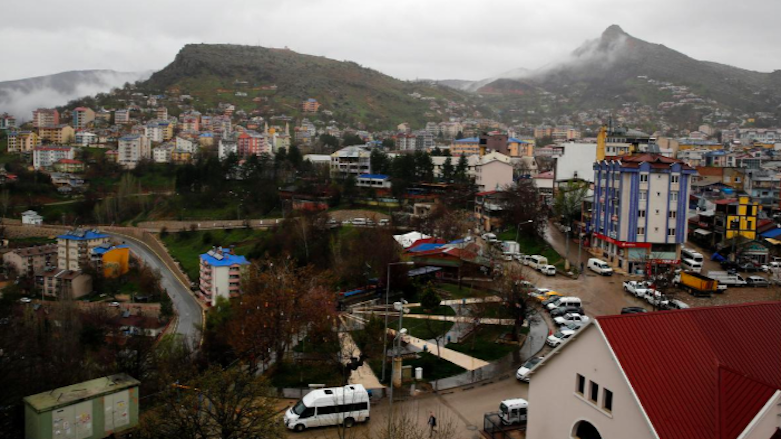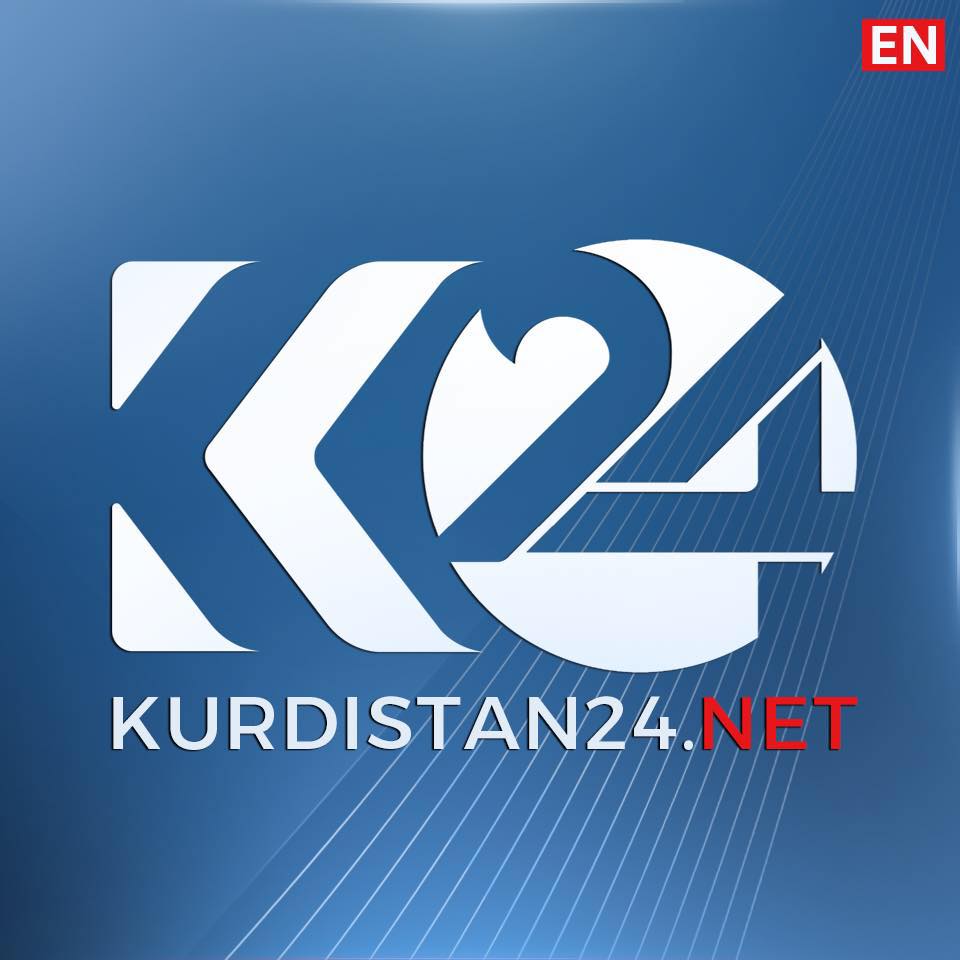Turkey probes Kurdish city for using Kurdish name

ERBIL (Kurdistan 24) - Turkey’s Interior Ministry launched a probe into a decision last week by the city council of the Kurdish city of Dersim to use the original provincial name, Dersim, instead of the government-enforced Turkish “Tunceli.”
Kurdistan 24’s Turkish language service reported that the ministry inspector was in the city with a 50,000 strong urban population to investigate Mayor Fatih Mehmet Macoglu from the Communist Party of Turkey (TKP) as well as individual members of the council.
The Interior Ministry’s move is the first by the administration of the Islamist-rooted President Recep Tayyip Erdogan which is allied with far-right nationalists fuming over the use of Dersim’s name.
Erdogan and his ruling Justice and Development Party (AKP) officials have so far kept silent about the case, as it could have repercussions far outside the province’s borders. This is especially the case in Istanbul where over a million Kurdish votes are highly courted by the AKP in a re-do of the local election that will be held on June 23.
In the now-canceled March 31 elections, a majority of Istanbul Kurds voted for the mayoral candidate of the opposition Republican People’s Party (CHP) Ekrem Imamoglu, who won by a small margin but was later defeated by a ruling made by the country’s Supreme Electoral Board in early May.

The majority council decision on Dersim was not, in essence, a change in the official name, since the Interior Ministry is solely responsible for place names, even when it comes to the smallest villages and hamlets in a country of 783 thousand total square kilometers and almost 80 million people.
It was instead meant to be used on municipal signs since the locals and other Kurds in Turkey already refer to the city as Dersim.
The office of the governor of Dersim, appointed by the highly-centralized government of the Turkish state, is also reviewing the resolution by the city’s council, as it holds authority over the elected body.
In a press release on its website, the municipality justified its use of the name “Dersim” on the grounds of “preserving our city’s culture and history.”
Tunceli, which means “the Iron Hand” in Turkish, was initially the name of a military campaign by Turkey’s founder Mustafa Kemal Ataturk.
The March 1937 - December 1938 offensive of the young Turkish state, espousing the creation of a pure Turkish nation, was meant to bring the then largely self-ruling region under its control. Ataturk’s armies subjected the local Alevi Kurdish population to massacres now referred mainly by the Kurds as genocide and later as Turkification.
The region’s Kurds were led by Seyiz Riza, a then 78-year-old political leader whom Turkey executed by hanging after his surrender. The offensive claimed some 15,000 civilian lives and led to the forcible relocation of over 10,000 others to areas deep into Turkish-speaking western regions of the nation, according to Turkish accounts.
The chief of state security in the neighboring province of Malatya at the time, Ihsan Sabri Caglayangil, who was involved in the operation later revealed in a 1986 interview that the Turkish army used weaponized poisonous gases in Dersim.

“They [the Kurds] refused to accept [Turkish state authority]. They were seeking refuge in caves. The army used poisonous gases. It poisoned them like rats as through cave entrances. So that’s how they slew the Dersim Kurds. It was a bloody campaign. Government authority entered Dersim and its villages,” said Caglayangil, who also served as Turkey’s foreign minister from 1965 to 1971.
The man Caglayangil was talking to was no other than Kemal Kilicdaroglu, the current leader of CHP, himself from Dersim and who lost 40 members of his family in the massacres, according to a 2011 interview with the Haberturk newspaper.
Kilicdaroglu has said his tribal roots are of Turkmen origin, although his wife said she was aware of her own Kurdish roots. Both speak Zazaki, the main Kurdish language in the area, although Kurmanji, another, is also commonly spoken in Dersim.
Devlet Bahceli, an ally to Erdogan and the leader of the Nationalist Movement Party (MHP), the government’s de facto far-right partner, said in a press release that the use of the name Dersim was “null” and that the move must have consequences.
Earlier this week, MHP lawmaker Mehmet Taytak threatened a repeat of the 1938 massacres.
“Their end will be no different from that of their grandparents. Those who in their world of imagination rebel against the Turkish state will soon meet the state’s tunç eli (iron hand),” he said during an address to Parliament.
Editing by John J. Catherine
